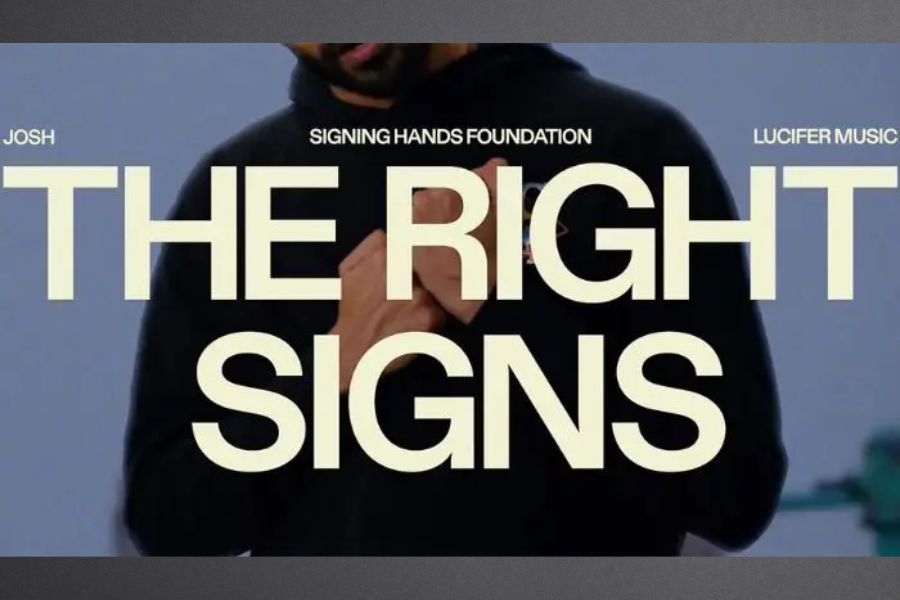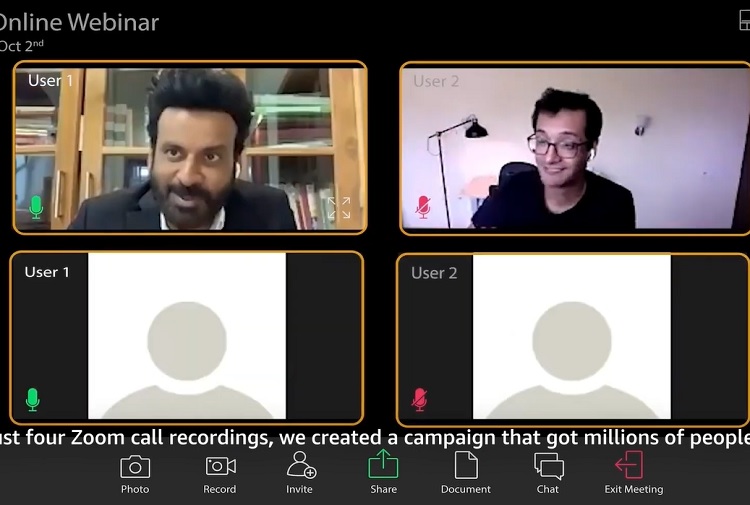As we near the Cannes Lions International Festival of Creativity, Campaign India continues with its 'Cannes Contender' series.
The premise is:
How much time really does a Cannes juror get to understand a case or piece of work s/he hasn't come across before?
Too little. It's up to us to help them get acquainted with the good work prior. We present here entries from Indian/South Asian agencies that their creators believe will be in contention for Lions at the 2017 International Festival of Creativity, Cannes.
Maxus has two such entries.
Sonata - ACT

The Sonata ACT watch has been designed to help women in India stay safe on the streets, but
the media campaign by Maxus was about so much more than a dour message of safety. It
instead celebrated India’s amazing women, their courage and their empowerment.
It broke every rule, with all-female radio shows broadcasting live in public all night long in some
of India’s most dangerous cities. It created Facebook topics that out-trended climate change and
helped the watch completely sell out in less than four weeks from launch.
The Sonata ACT watch for women has a distress button that instantly notifies ten designated
people of the wearer’s location if she feels unsafe. The button is placed by 8 o’clock on the device, as 8.00pm signifies the start (and 8.00am the end) of the most dangerous time for women on the streets.
The target audience were young women and their family members, along with the corporates
where they work, as this extended group of influencers plays a large role in influencing how
women chase their dreams.An in-depth reach vs affinity comparison across media choices for
these groups led us to employ radio + digital + outdoor activation.
Radio lends itself to engagement and interaction, with a larger impact still when powered by
on-the-ground activation. Digital and social were wired in from the beginning and would give the
campaign extra ‘buzz’. Maxus created radio shows in partnership with major networks to reach
and encourage young women, including regular 8.00am and 8.00pm time checks to reinforce the
message of the alert button to listeners.
It changed the rules, offering live post-midnight radio when most stations are on automatic,
and raised two fingers to the risks faced by Indian women.
Tata Motors ‘From Zica to Tiago’
Tata had invested $82mn in R&D, production and marketing to launch its new model, Zica.
Two weeks prior to the official launch date, the World Health Organisation declared the Zika
virus a global emergency.
Searches conducted for Zica, the car, were bringing up results for Zika, the virus. Sentiment analysis confirmed that people didn’t want to buy a car that shared its name with a deadly virus. The emotional connection Tata was hoping to build between Zica and its audience pre-launch was going to be lost.
Our brief was to run a rebranding exercise of Zica that would change neither the product nor
the proposition. Moreover, it should deliver on our client’s original expectation that this launch
would be a success.
We invited Tata Motors’ audience to become the decision makers and creators in this
impromptu campaign. We saw an opportunity to take a bold, honest and inclusive approach,
building a level of empathy that doesn’t just sell cars, but creates relationships.
We created ‘The Fantastico Name Hunt’, a competition inviting people from 22 markets to
decide Zica’s new name, empowering them to drive the new relationship and connect positively
with the brand.
Rebranding a car isn’t an overnight task, so we broke the campaign down into three phases.
These would enable us to both react effectively to the immediate crisis and build lasting support.
We created online videos to set the context and lay down the ground rules of The Fantastico
Name Hunt, conveying the car’s features in detail.
We used retargeting activity for maximum efficiency, hitting just those people who had viewed
NameHunt videos with a message encouraging them to contribute their suggested names.
To make it easy, we created multiple participation mechanisms for suggesting names. Social
media was the main engine to enter, or simply via SMS. Tata Motors’ audience delivered 37,000 new names. The final list went back out to the public vote via Tata’s social channels…and the votes were counted.
The Fantastico Name Hunt reached 48 million people across 22 countries.
The campaign generated 13 million video views in just three days. People watched, listened…
and then responded: 37,000 brand name suggestions flooded in for ‘the name the world prefers’…and Tiago was born.
Want to get your agency's work featured here? Send in your contenders to prasad@haymarket.co.in raahil@haymarket.co.in.
Also read:
Cannes Contenders 2017: BBDO India





